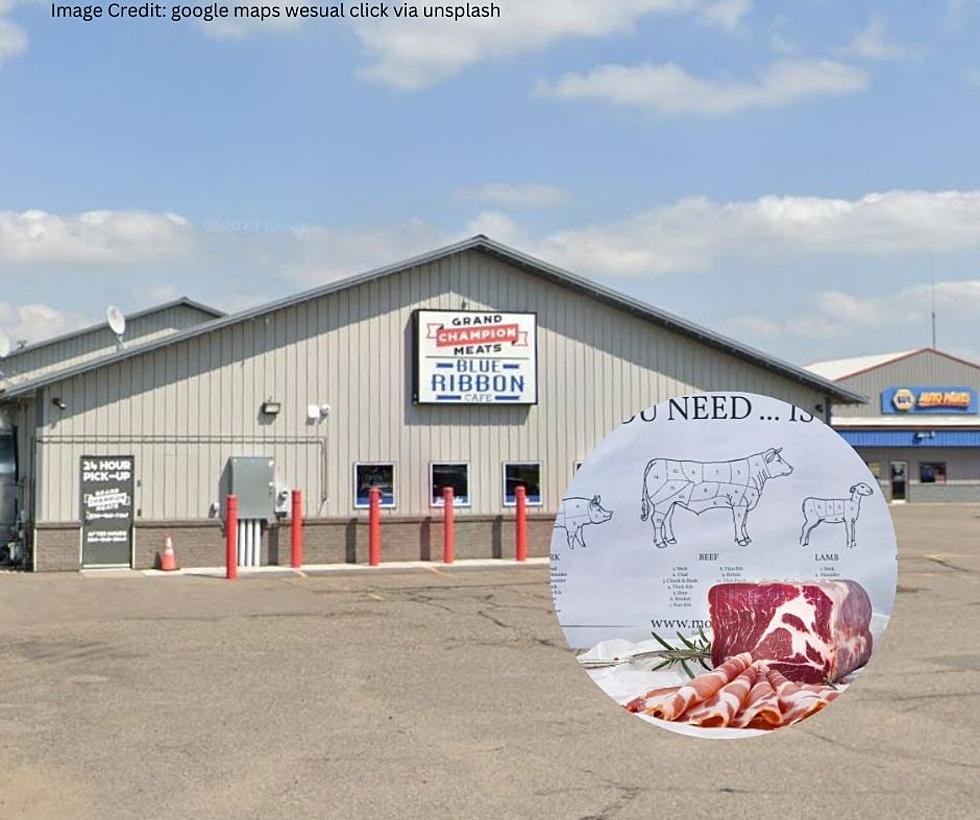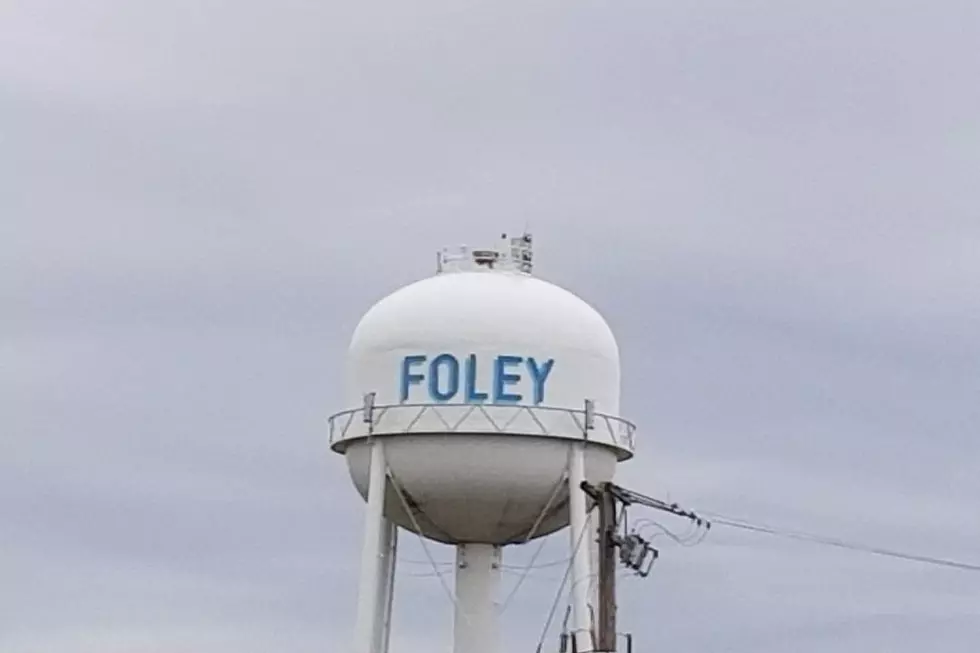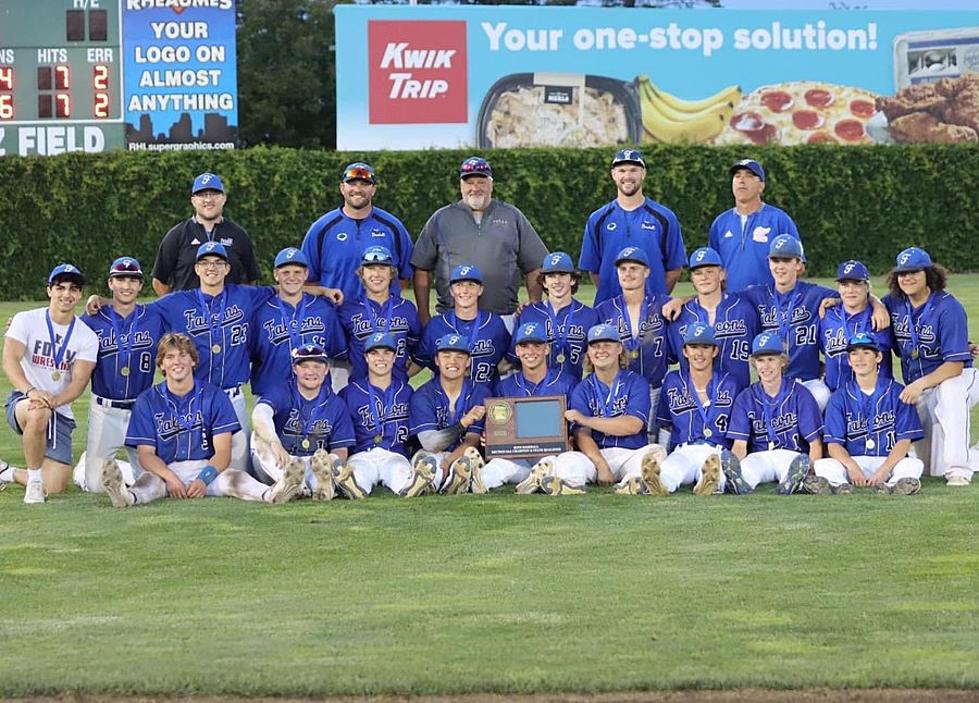
Foley Schools Expanding Industrial Technology Classes with New Building
FOLEY -- Budget issues have prompted many school districts to cut their shop classes.
Foley isn’t one of them.
The district broke ground at the beginning of October on a new, 4,000 sq. ft. building for industrial technology courses.
Foley High School has three full-time industrial tech teachers, each with a particular focus on courses like woodworking, drafting, auto repair, welding, electronics, construction and robotics.
“We have a ton of support. We’re one of the few districts adding classes and staff,” says teacher Brian Kemmy. He’s worked at Foley High School for six years and says shop classes grow more popular every year.
“Kids just come to me and ask, “Can we work on my truck? Can we weld this?” Kemmy says. “It’s a welding class and they want to pull their truck up behind the shop and work on it. Things like that.”
Along with new classrooms, Kemmy says they’re adding a car hoist so students can perform oil changes and other maintenance tasks. They’ll have the tools they need to perform break jobs, safety inspections, body work, welding and cutting. They’re adding a diagnostic tool to the lineup.
Kemmy says many of his students pursue careers in the automotive world after they graduate.
“We have a lot of students going into diesel and auto body repair, taking classes at St. Cloud, (Technical & Community College) Alexandria Tech and CLC in Staples. We’re preparing them for that.”
In recent years, Kemmy says they’ve added a CNC plasma cutter and developed more computerized classes. Once the expansion is complete, they plan to offer more robust residential construction and advanced robotic courses.
“We’re trying to get everything that’s industry standard so that we can prepare the kids, fresh out of high school, to know what they’re working with,” Kemmy says.
Teacher Dan Carlson says they work closely with area technical colleges and companies to design courses that prepare students for the labor market.
“There are plenty of jobs out there that go unfilled every year because of technology changes,” Carlson says. “You see people getting out of the workforce, retiring, and there’s no one coming in to fill those jobs. So, with trades, you can get a job anywhere you want, really.”
Carlson started teaching in the industrial technology department at Foley High School three years ago when the district added his position due to need. Each year he sees a handful of students graduate and head into manufacturing, carpentry and roofing. Others get into blockwork or concrete work. At least one or two each year pursue work as electricians or HVAC specialists.
“There’s at least one each year in every trade,” Carlson says. “They can start learning on the job right out of high school or get hooked up with a company that will pay for their two-year education degree.”
Carlson says, even without post-high school training, students are winding up with jobs earning $18 dollars an hour or more.
Foley Superintendent Paul Neubauer says developing the industrial tech department is part of the district’s overarching mission to offer students courses that match their unique talents.
“How do we meet the needs? How do we help kids develop the talents they have? How do we provide industry-standard experiences?” Neubauer says.
Neubauer says not all students want to attend two or four-year colleges after graduation.
“They’re headed into the world of work,” Neubauer says. “They want to know how to fix cars, change tires, weld. We have all the modules here to teach them, and they can step right into a job from high school.”
That’s conceptually how the building expansion came about, Neubauer says. “The building supports the programs – not the other way around.”
“All kids have talents. We just need to help them discover what those talents are. Once we do that, we need to be able to let them develop those talents.”
Construction on the industrial technology building is expected to wrap up in May of 2020 in time for the fall.
More From AM 1240 WJON









